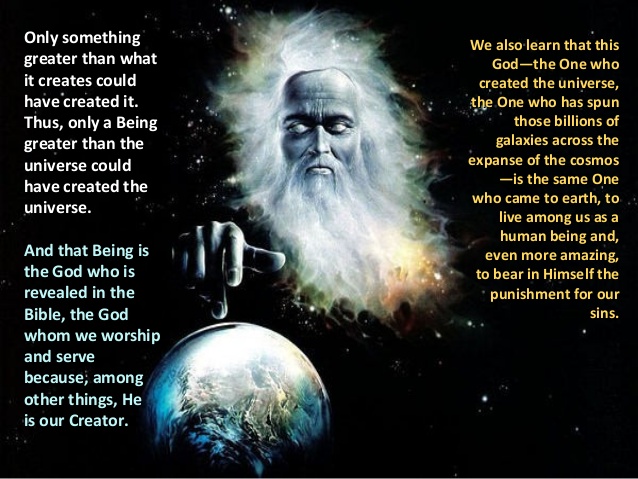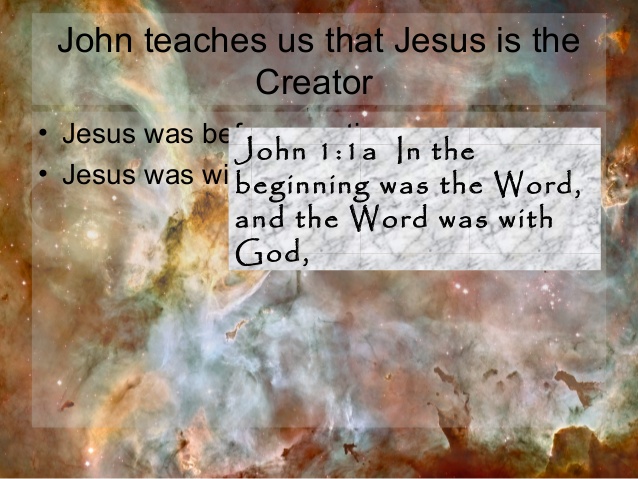WHO IS GREATEST AMONG THE PERSONS OF THE TRINITY? (Four)
0 Comments
That the Holy Spirit teaches all things does not only give Him the essentiality of an intelligent Personage, the knowledge of all things tells any right thinking person that the Holy Ghost is, indeed, Omniscient. Just in case someone will want to argue that “all things” from this Scripture does not punctuate Omniscience of God, simply from the “whatsoever I have said unto you” point of Scripture, tending to limit the Holy Spirit’s scope of knowledge; what such a person is evidently in failure to realize is that to be the teacher of the Apostolic office and, by extension, the Church, the intelligence of that being must equal the One “In whom are hid all the treasures of wisdom and knowledge” of Colossians 2:3. The Holy Spirit is more than a teacher, He must be at par with the “only wise God” of Jude verse 25, to wield the capability of teaching all things.
We understand that God is of eternality, which speaks of limitlessness. No creature has the capacity and capability to search the unfathomable mind of the Creator, therefore, the ability of the Holy Spirit to search the mind of God with nonpareil accuracy, makes Him Omniscient God, the Creator! He, the Holy Spirit, having perfect wisdom, can, of course, teach the Church like no other.Read More










